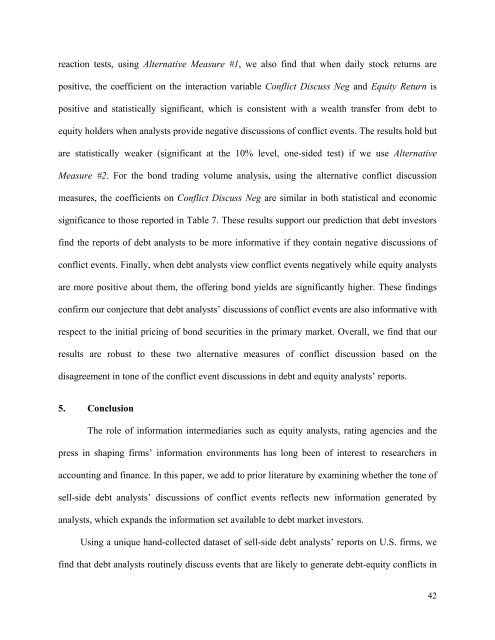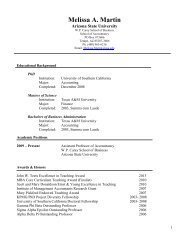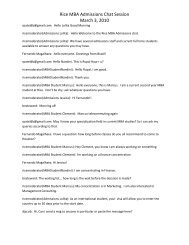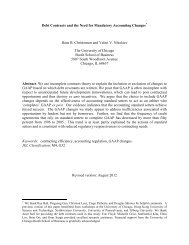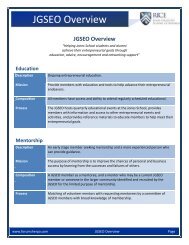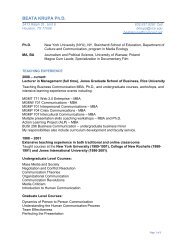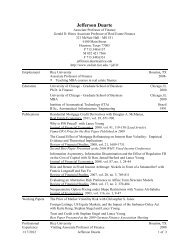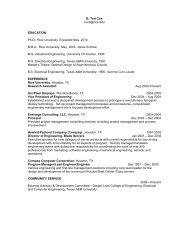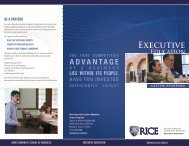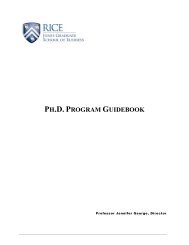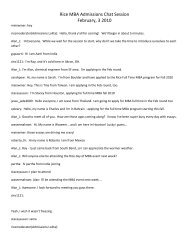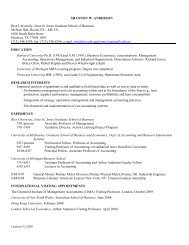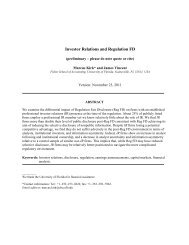Debt Analysts' Views of Debt-Equity Conflicts of Interest
Debt Analysts' Views of Debt-Equity Conflicts of Interest
Debt Analysts' Views of Debt-Equity Conflicts of Interest
You also want an ePaper? Increase the reach of your titles
YUMPU automatically turns print PDFs into web optimized ePapers that Google loves.
eaction tests, using Alternative Measure #1, we also find that when daily stock returns are<br />
positive, the coefficient on the interaction variable Conflict Discuss Neg and <strong>Equity</strong> Return is<br />
positive and statistically significant, which is consistent with a wealth transfer from debt to<br />
equity holders when analysts provide negative discussions <strong>of</strong> conflict events. The results hold but<br />
are statistically weaker (significant at the 10% level, one-sided test) if we use Alternative<br />
Measure #2. For the bond trading volume analysis, using the alternative conflict discussion<br />
measures, the coefficients on Conflict Discuss Neg are similar in both statistical and economic<br />
significance to those reported in Table 7. These results support our prediction that debt investors<br />
find the reports <strong>of</strong> debt analysts to be more informative if they contain negative discussions <strong>of</strong><br />
conflict events. Finally, when debt analysts view conflict events negatively while equity analysts<br />
are more positive about them, the <strong>of</strong>fering bond yields are significantly higher. These findings<br />
confirm our conjecture that debt analysts’ discussions <strong>of</strong> conflict events are also informative with<br />
respect to the initial pricing <strong>of</strong> bond securities in the primary market. Overall, we find that our<br />
results are robust to these two alternative measures <strong>of</strong> conflict discussion based on the<br />
disagreement in tone <strong>of</strong> the conflict event discussions in debt and equity analysts’ reports.<br />
5. Conclusion<br />
The role <strong>of</strong> information intermediaries such as equity analysts, rating agencies and the<br />
press in shaping firms’ information environments has long been <strong>of</strong> interest to researchers in<br />
accounting and finance. In this paper, we add to prior literature by examining whether the tone <strong>of</strong><br />
sell-side debt analysts’ discussions <strong>of</strong> conflict events reflects new information generated by<br />
analysts, which expands the information set available to debt market investors.<br />
Using a unique hand-collected dataset <strong>of</strong> sell-side debt analysts’ reports on U.S. firms, we<br />
find that debt analysts routinely discuss events that are likely to generate debt-equity conflicts in<br />
42


